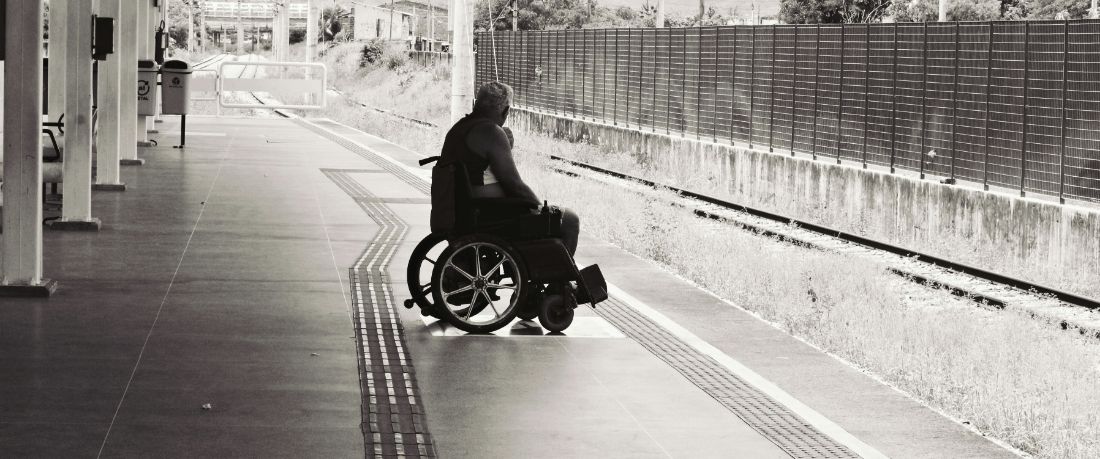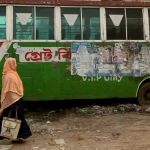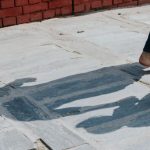The Supreme Court of Nepal has taken note of a Public Interest Litigation (PIL) on the right to the accessibility of services for persons with disabilities filed by our Economic, Social and Cultural Rights (ESCR) Fellow, Advocate Ritesh Poudyal, along with other stakeholders. The petition, which was filed in May 2023, recently had a show-cause notice issued to the defendants.
This is a significant step as it addresses the rights of 654,782 persons with disabilities, which is 2.2% of the population of Nepal as per the 2021 Census.
The PIL is based on the Act Relating to Rights of Persons with Disabilities, 2017 and Rules Relating to Rights of Persons with Disabilities, 2020. These were enacted to safeguard the fundamental rights and dignity of individuals with disabilities in Nepal. These laws address discrimination and enable persons with disabilities to lead independent lives in order to foster an inclusive society. However, in practice, there is very little implementation of these legislations.
This is what Poudyal found during this fellowship when he focused on these rights in the broader context of ESCR. For instance, public spaces lack arrangements for people with disabilities, like the absence of ramps or tactile markings on footpaths for wheelchair users or dedicated parking spots. Even when ramps exist for access to buildings, they are often blocked by cars or other obstacles. Many buildings lack elevators, and where they do exist, there are no Braille facilities. Similarly, there are no emergency exits in most of the buildings which are accessible to persons with disabilities. Poudyal’s research indicated that this dismal reality worsens when there are disasters like fires or earthquakes.
Moreover, he found that persons with disabilities also encounter a wide range of physical, socio-psychological, and technological obstacles, which have not been addressed by the existing laws. According to the research report on ‘Identifying the Barriers and Gap to Access to Justice for Persons with Disabilities 2023’, prepared by the National Federation of Disabled Nepal and National Human Rights Commission, the government has taken no substantial actions to ensure that people with disabilities have full access to their rights. This report further states that there is a vacuum in policy implementation due to a lack of awareness, information, competencies, and advocacy.
During his fellowship, Poudyal wrote articles about the issue and also contributed to the research, drafting and registration of the litigation at the Supreme Court. “I filed this litigation with the belief that accessibility is a prerequisite for strengthening the independence of people with disabilities, ensuring public participation, and living an active life free from barriers of any kind.”
The PIL also extends the categories addressed by previously filed petitions to include vision-related disabilities or those related to hearing, voice and speech, and autism, among others. It thus seeks to increase access for persons with different forms of disability.
“Despite Nepal’s constitution providing a robust rights framework, the journey towards ensuring the rights of people with disabilities in a real sense is fraught with challenges,” says Advocate Raju Chapagain, a constitutional and human rights lawyer based in Kathmandu, who is also an advisor to our ESCR Fellowship and mentored Ritesh during the fellowship. “Ratifying conventions and enacting legislation are crucial steps, but the true measure of progress lies in their meaningful implementation.”
Through our contribution to this petition, we are happy to deliver on our commitment to leveraging legal rights into meaningful change for vulnerable communities.







